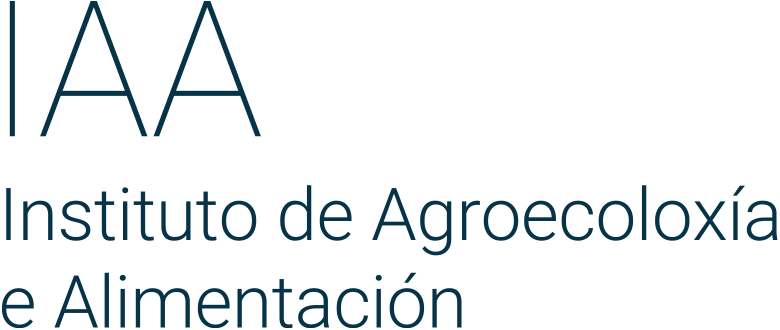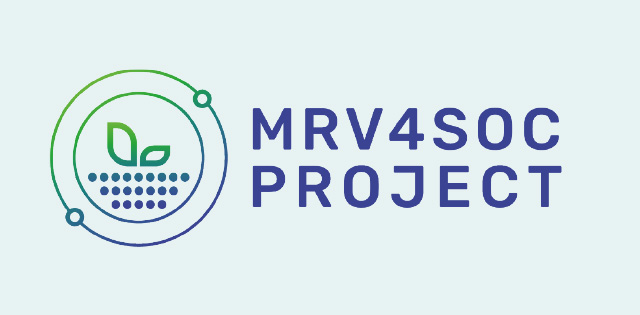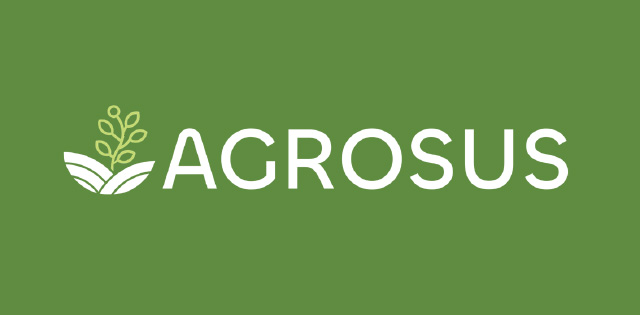PROMISEANG is a 48-month project that aims to develop novel alternative proteins from marine underexploited sources (marine invertebrate and macroalgae discards and industrial biowastes) through biomass fermentation (solid-state and submerge processes), generating new microbial protein biomass, meeting market requirements for food, feed, and non-food (biomedicine, pharma and cosmetic) bio-based applications. A technically and economically viable biorefinery for microbial-based protein production will be demonstrated during the project, enabling higher production yields, reduced production periods, minimized environmental impacts, diminish the imports, and reduced production costs for proteins. PROMISEANG contributes to CBE JU with a translational, multidisciplinary and multi-actor approach, including cooperation between industries and academia across EU, to achieve a greener bio-based Europe. Following a zero-waste approach, PROMISEANG will also recover and biosynthesize interesting non-protein bio compounds and molecules (i.e., polysaccharides, lipids, polyphenols, PHA, etc.) for further use in food, feed and non-food applications. Research on novel protein streams from sustainable alternative sources will contribute to increase the protein availability in the EU, and reduce the actual dependency on imports. In short, PROMISEANG will upcycle of marine food wastes (WP2), apply innovative and sustainable technologies (incl. biotechnology, biochemistry, microbial fermentations, digital tools and machine learning, WP3), validate the nutritious, safety and bioactivities of protein products (WP4), valorise fermentation side streams through nanotechnology (WP5) and design, development and validation of food, feed and non-food products in relevant environments (WP6) including improvement of environmental, economic and social aspects, and production-efficiency performances (WP7), and strong communication, dissemination and exploitation plans (WP8).




